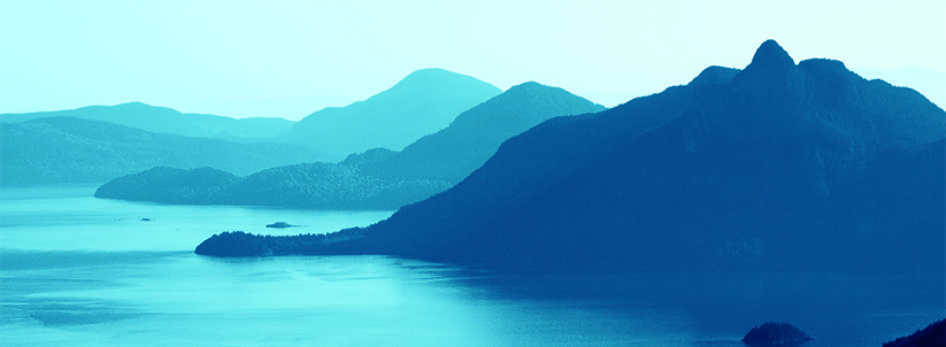I received an email from Glen Dennison – citizen scientist, marine life activist and scuba diver. In Whale in the Door, I wrote about Glen’s first dazzling encounter with the glass sponge reefs – common during the Jurassic period and thought to have become extinct 60 million years ago. Today they are found only on BC coasts and there are several reefs in Howe Sound/Atl’kitsem.
“Loved reading your book,” wrote Glen. “Well done!” Glen is a director of Marine Life Sanctuaries Society, an organization instrumental in gaining protection for the glass sponge reefs, which can be damaged by crab and prawn traps as well as by trawling. He wanted me to know that the Department of Fisheries and Oceans (DFO) had issued a request for voluntary closures on the Howe Sound sponge reefs.
“This request and these closures have come about from years of my work exploring and documenting the Howe Sound sponge reefs,” wrote Glen. “I used a combination of scuba diving, high resolution custom mapping and custom-made drop cameras to find and ground truth the glass sponge beds. I have also investigated methane craters on the floor of Howe Sound as we work as deep as 1,000ft. For the last 2.5 – 3 years I have been measuring the water temperature every 3 hours at 100ft and deeper in five sites ranging from Defence Islands to Passage Island in the Sound. We have found incredibly interesting results from my work. Slowly we are nibbling off parts of Howe Sound for protection.”
Glen adds that he has recommended no LNG tankers in Howe Sound due to the very large and not studied thrust cones from the huge propellers on the tankers. “Honestly this is a huge problem that almost everyone has missed.”
Look out for Glen’s book, Diving Howe Sound Reefs and Islands, for magnificent photos of these giant sponges ranging in colour from yellow to orange and white. I hope Glen will agree to write a guest blog so he can let us in on the interesting results he has found from his recent explorations. I am grateful for all he does to protect Howe Sound/Atl’kitsem by showing us its beauty and fragility.
Categories: Uncategorized
Tags: DFO, Glass sponge reefs, Glen Dennison, MLSS

